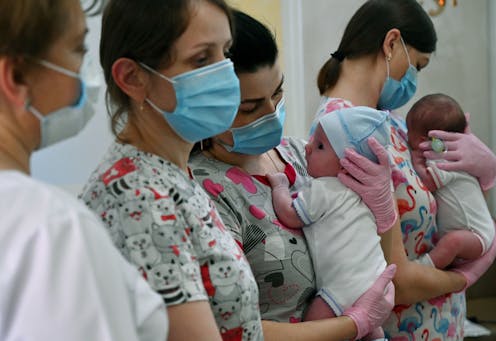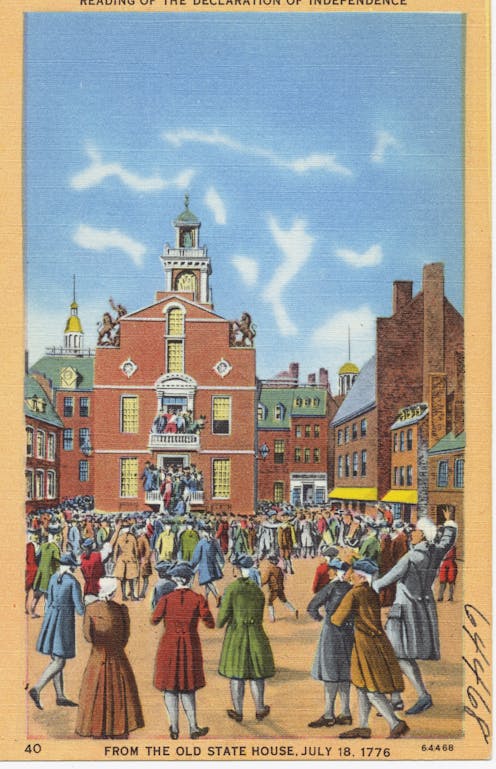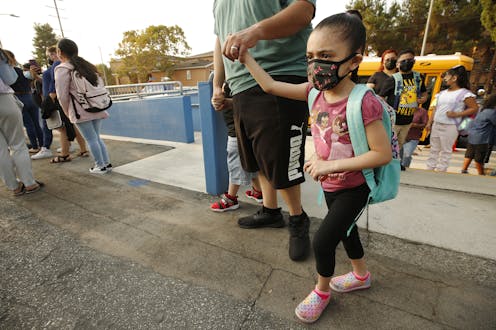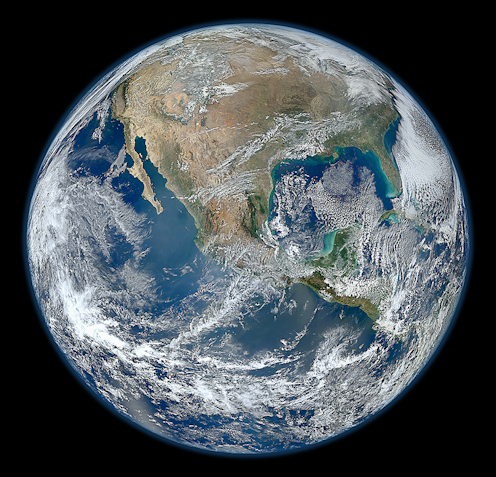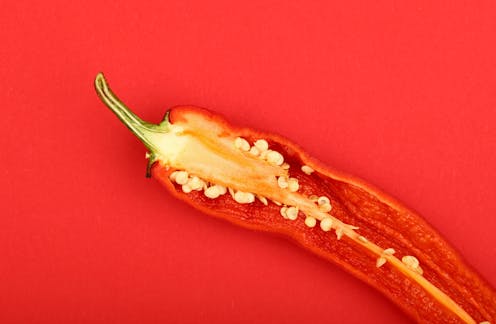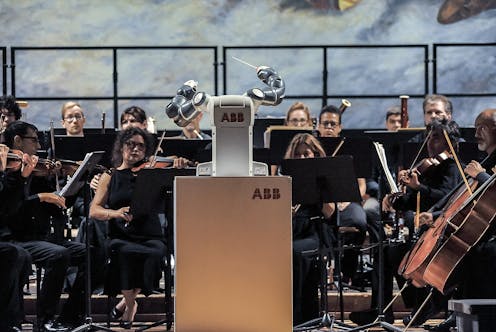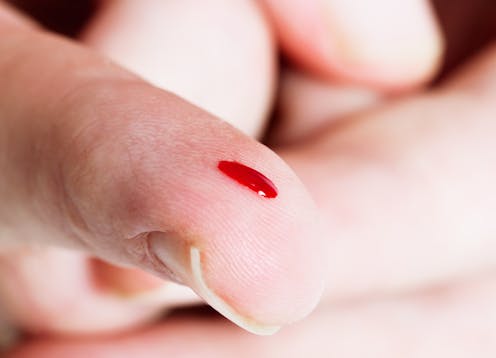Is social distancing unraveling the bonds that keep society together?
- Written by Ilana Horwitz, Assistant Professor, Fields-Rayant Chair in Contemporary Jewish Life, Tulane University
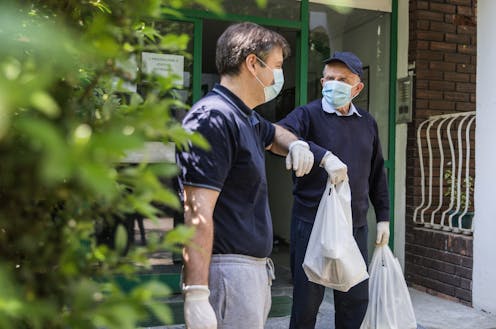 Having trusting relationships with people ahead of crises is key.Dobrila Vignjevic/Getty Images
Having trusting relationships with people ahead of crises is key.Dobrila Vignjevic/Getty ImagesWith birthday celebrations being downsized, religious services moving back online and indoor playdates getting canceled, millions of Americans are having fewer social interactions because of persistently high case numbers and high rates of transmission.
I...
Read more: Is social distancing unraveling the bonds that keep society together?


